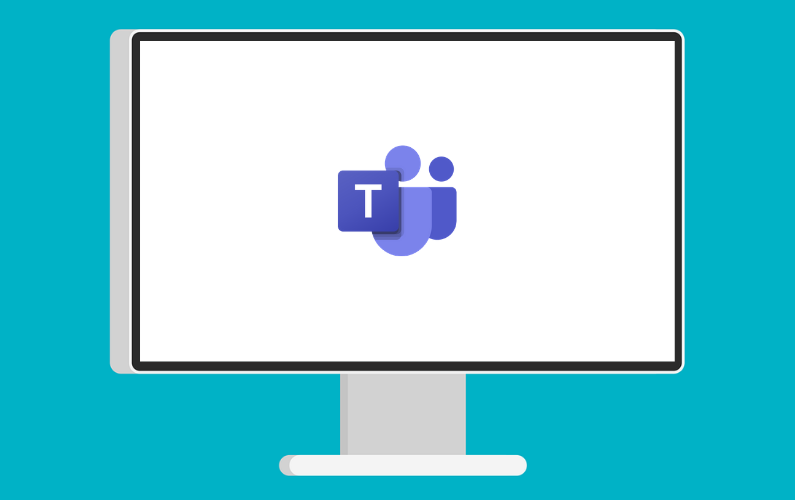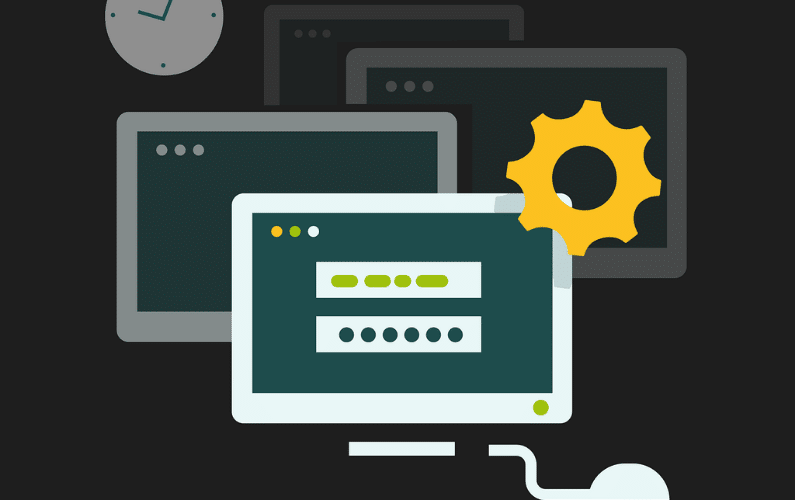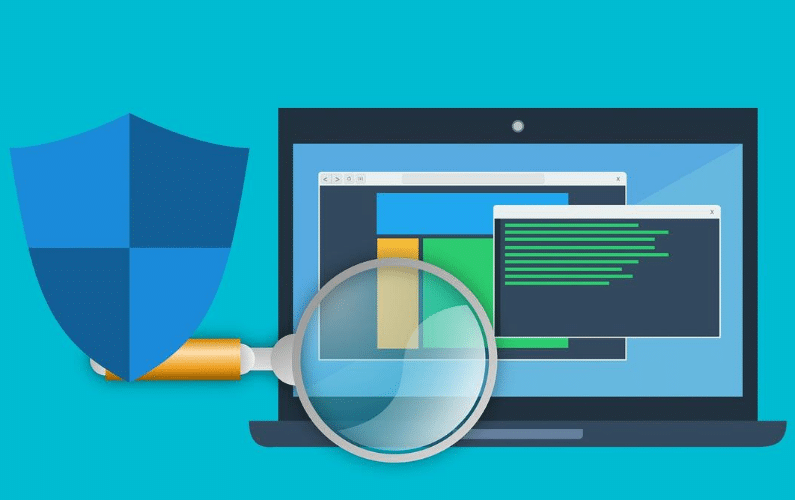Cybercrime is a booming business, and the risk of not protecting yourself is real. The business landscape has become so computerized that your company is vulnerable every time your employees log on-and that's just one example. Implementing robust cybersecurity is paramount to protecting your company's finances and business reputation, and an experienced cybersecurity professional can help you with this process.
Cybersecurity
Cybersecurity is the art of protecting networks, devices, and data from unauthorized access or criminal use and the practice of ensuring confidentiality, integrity, and availability of information. Another way to put it is that your cybersecurity efforts should protect your business's data from every threat-whether internal or external.
Ultimately, the goal is to maintain all the following:
- Confidentiality
- Data integrity
- Accessibility
In other words, a lot rides on your cybersecurity.
The Cost of a Breach
If a cyberattack breaches your data, the financial cost alone can be overwhelming, and this doesn’t begin to calculate the hit your company’s reputation can take. When a small- to medium-sized business experiences a data breach, the average cost is about $200,000. The cost rises exponentially from there.
Consider the following statistics for large businesses in 2021 (reported by IBM):
- Businesses in 2021 experienced the highest average data breach costs in this report’s 17-year history (rising from $3.86 million in 2020 to $4.24 million in 2021).
- In those breaches in which remote work played a role, the average cost was $1.07 million higher.
- Compromised credentials accounted for the most common form of initial attack (responsible for 20 percent of breaches that year-at an average cost of $4.37 million).
- Security AI and automation-when you implement fully developed plans-provide the most significant protection (saving companies up to $3.81 million on average).
- Companies with the most mature cloud modernization strategies can contain the damage much faster than other companies (requiring 77 fewer days on average).
The cost of inadequate security can be difficult to overstate.
The Reverberations of a Data Breach
On average, it takes IT departments about nine months to root out and contain data breaches, and in the interim, considerable damage can be done, including:
- The infiltration of systems and software
- Access to copious data that is critical to your business
- Access to highly sensitive client files, employee files, and financial accounts
The aftershock of a data breach can reverberate for years and is likely to require:
- The cost of revitalizing your IT systems
- Legal expenses
- Regulatory fines
- Lost business opportunities and decreased sales
On average, businesses absorb about 61 percent of their losses in the first year after a cyberattack. In the second year, they generally incur another 24 percent of losses-while the final 15 percent linger for another two years or longer. With this expense, it’s not surprising that about 60 percent of small businesses that experience substantial cyberattacks fail within the first six months.
Attacks Are on the Rise
When you think about cyberattacks, Fortune 500 companies may spring to mind. Still, the rate of attacks on small to medium-sized companies is rising more quickly than on the major players. The upshot is that small and midsize companies are-for the most part-woefully unprepared for cyberattacks, and cybercriminals are well aware of this fact. Without an active and comprehensive cybersecurity strategy, your business is at considerable risk.
The Cost of Doing Business
Cybersecurity is no longer a luxury or a theoretical business expense, as it is now a primary cost of doing business. Cutting costs when it comes to protecting your business’s reputation, protecting your customers and clients, or protecting your employees is not a viable option. A seasoned tech pro can help you determine a cybersecurity budget that works for you while affording you the necessary protection.
The Three Primary Risk Factors
The thing about cyberattacks is that the perpetrators of these attacks are exceptionally innovative, and it is nearly impossible to predict what they might come up with next.
Generally, however, data breaches break down into one of the following primary categories:
- Hack jobs that steal sensitive information, such as credit card data or bank account details
- Hack jobs that breach and leak an organization’s sensitive information to tarnish its reputation
- Hack jobs that implement malware to breach an organization’s security, encrypt its sensitive data, and hold the information for ransom
A reputable managed service provider in your corner is the best way to help secure your systems, networks, and workstations. Your tech professional, however, can also help to ensure that you’re running a tight ship in terms of internal accountability, which plays a critical role in your overall cybersecurity.
The Tools of the Trade
Some of the critical tools of the trade that your focused cybersecurity professional will discuss with you regarding your business’s unique needs include:
- Firewalls to protect your system from those who access it both internally and externally
- Malware, spyware, and web proxy protections to deflect the malicious intent of cyberattacks
- Anti-phishing software to protect users lured onto malignant websites
- Anti-spam software to protect email inboxes from an overwhelming influx of spam
A Seasoned Tech Pro Can Help You Protect Your Data and Your IT Systems

The cost of inadequate cybersecurity is far too high to ignore. Working closely with a dedicated tech professional, however, can meet your cybersecurity needs. To gain the peace of mind that comes from having comprehensive cybersecurity, reach out to an accomplished cybersecurity professional today.
Staying proactive about your cybersecurity benefits your workforce, customers, and company in general. Never wait until after a cyberattack happens to seek help from IT professionals. The damage is often costly, and you cannot reverse it once cybercriminals target your business. Instead, stay ahead of hackers by implementing proper cybersecurity or updating your current setup.
It can only help your business to consult professionals who can best protect your company’s systems and data.


